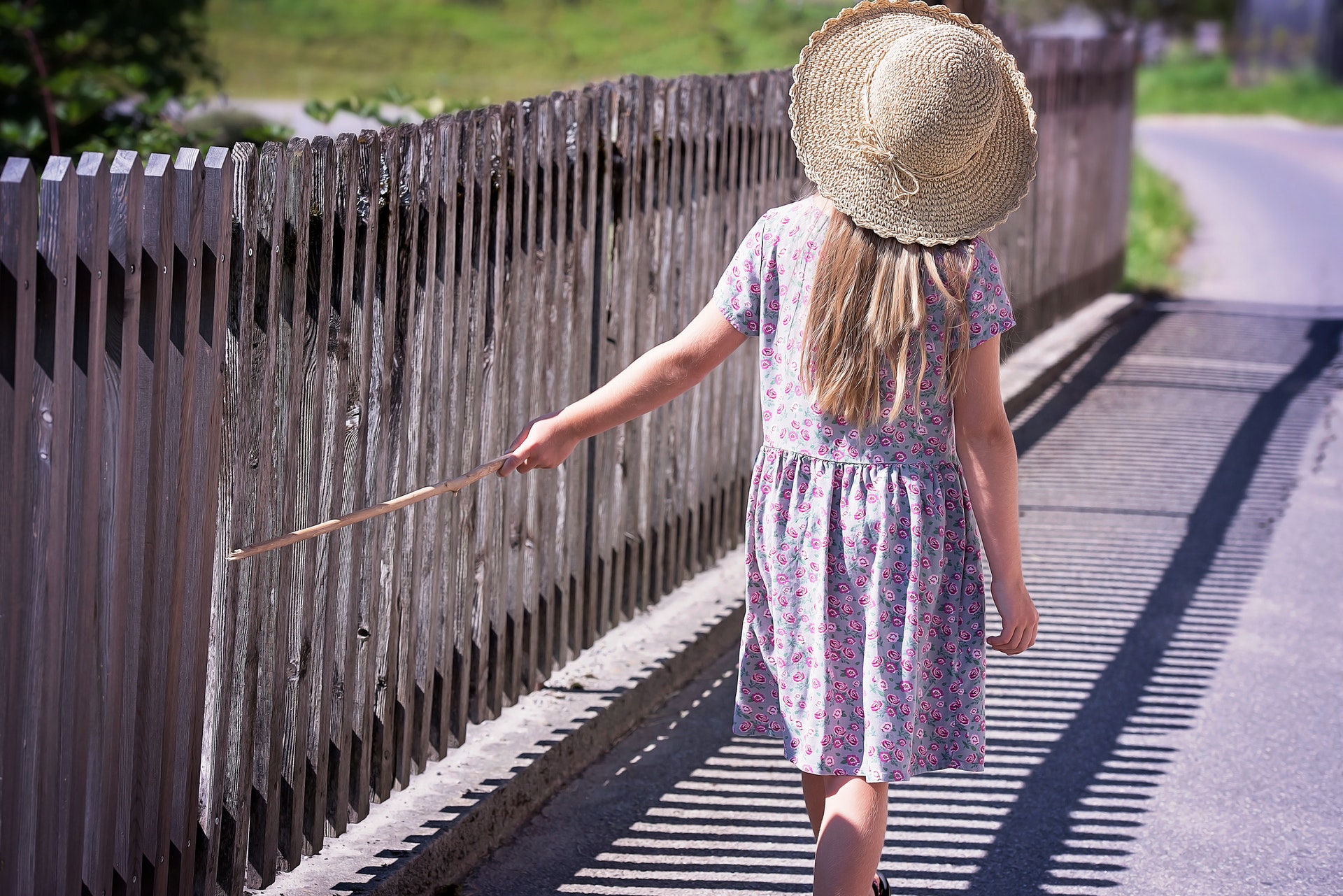
Just like adults, kids also love to be shown love in their preferred Love Language. A Love Language is a term to describe the ways that we enjoy receiving love and also showing it to others. When you are purposeful in speaking your child’s Love Language, you are sending the messages of “I get you”, “You’re important to me” and “I see you”. Sometimes it can be hard to speak your child’s language if it is different than your own, and you have to really be intentional.
Today I’m going to discuss the 5 Love Languages as they pertain to children. My hope is to give you some things to think about, implement, and some resources to help you learn more about your children.
Physical Touch
Children who enjoy Physical Touch will seek out hugs from anyone. They enjoy cuddling, back rubs, holding hands, snuggles on the couch, or touching you while reading a bedtime story. What they need from you as their parents are hugs and kisses whenever you greet them or tell them good-bye. They need you to initiate snuggling or a backrub. They also enjoy a pat on the back when you are reassuring them or telling them they did a good job.
Quality Time
If your child enjoys Quality Time, they may just love spending time with others. Sometimes this means doing a planned activity, and sometimes it means doing nothing at all. They enjoy making memories with others and will try to get your attention. If your child enjoys Quality Time, make sure that you are giving them moments of undivided attention. Plan one-on-one dates with them and allow your child to pick the activity. Decrease distractions so they feel important. Talk to them and really listen.
When your child enjoys Quality Time, watch for moments of misbehavior and acting out. They may be trying to get your attention if they feel neglected. Remember that even negative attention is attention.
Acts of Service
If your child enjoys Acts of Service, they will always be doing kind and thoughtful things for you. They enjoy helping you set the table, fold the laundry, or do the dishes. These children are usually identified as the “Teacher’s Helper” at school. They may seek your assistance to help them do things. Make sure to do kind things for them as well. Teach them something new, or fix something for them. Ask them to assist you, and thank them for helping.
Gifts
If your child’s Love Language is Gifts, they may put a lot of time and effort into finding or making the perfect gift for you. They will give gifts or pick a flower to give you “just because”. Sometimes they will give you a rock they found or draw you a picture. They will make a big deal over the gift they give you and may ask you about it later. They also like to keep and show off gifts that they have received from others.
When your child enjoys Gifts, it’s important to give them a gift that means a lot to them. Make it personalized and show them that you really made an effort. The cost of the gift really does not matter. Make the presentation of the gift a big deal. Even simple things like cooking their favorite meal, planting a tree together, or putting a small token in their lunchbox will mean a lot to them.
Words of Affirmation
Children who enjoy Words of Affirmation are often referred to as cheerleaders. They enjoy encouraging others, and focusing on the positive. They verbalize their feelings and often seek approval. What they need from you as their parent is verbal praise and compliments. They need to be told “Good job” and “I’m proud of you”. You can also speak this language by putting little notes in their lunchboxes or giving them a card for no reason.
If your child enjoys Words of Affirmation, please be cautious with criticism. For these children, negative words, tone, and even body language can be very painful and difficult to handle.
Emotional Tank
The Emotional Tank also called a Love Tank, this is the barometer for how loved your child feels. We all carry around an invisible Love Tank that rises and falls. When a child’s tank is full, it’s because those around them have loved them in their own language. When a child’s tank is empty, it’s because those around them are not being intentional. Maybe their parents struggle to speak the language the child prefers, or maybe they are in a family where emotional needs are neglected.
As a parent, you fill or deplete your child’s Love Tank by your own actions. For example, if your child’s Love Language is Quality Time, and they ask you to play a game with them, you are filling their Tank. If you tell your child “Maybe later”, and then you never play the game with them, you are depleting their Tank, especially if it continues to be a pattern.
When a child’s Tank is empty, they may experience feelings of worthlessness, feeling unloved, have a lot of insecurities, display many behavior problems, or feel guilt, fear, or anger. When a child’s Love Tank is full, they feel loved, happy, well-adjusted, secure, resilient, and are easier overall to discipline.
Resources
One of my favorite resources is a children’s book called “The Perfect Pet for Peyton” by Rick Osborne and Gary Chapman. Peyton goes to Perfect Pet Pal Emporium to find a new pet. Each child in the book is matched up with a pet that speaks their Love Language. It’s a great way to teach your children about their Love Language!
In the “The Five Love Languages for Children” book by Gary Chapman and Ross Campbell, there is a quiz and a game included to help you uncover your child’s Love Language. This can be helpful if you are not sure. Make sure you know their #1 language and #2 language, as often they may enjoy both.
Click here to find out your Love Language!
Written by Christy Fogg, MSW, LCSW
*Christy Fogg, MSW, LCSW is a licensed therapist at Journey to Joy Counseling in Carmel, Indiana. Christy enjoys doing marriage/couples counseling, individual counseling, premarital counseling. She also provides family counseling, teen and adolescent counseling.



